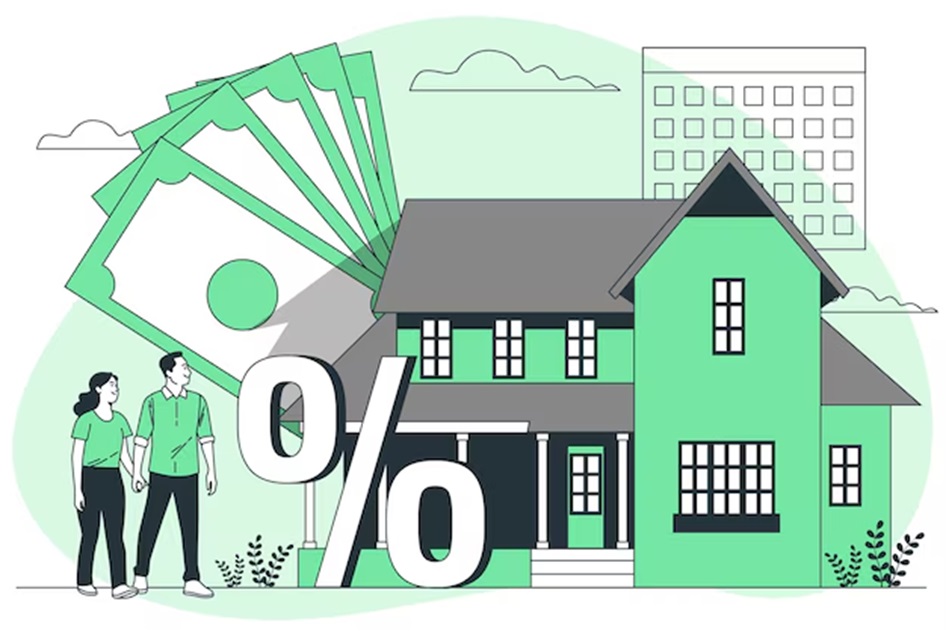Purchasing a home is a significant milestone, but it can also be a daunting financial endeavor. Managing your finances effectively during this process is crucial to ensure that you make sound decisions and avoid unnecessary stress. In this article, we will explore essential tips for managing your finances when buying a house, focusing on the importance of understanding mortgages and budgeting wisely.
Assess Your Financial Situation
Before you start looking for a home, it’s essential to assess your financial situation thoroughly. Take a close look at your income, expenses, savings, and existing debts. This evaluation will help you determine how much you can afford to spend on a house without compromising your financial stability.
A good rule of thumb is to aim for a mortgage payment that does not exceed 28% of your gross monthly income. Additionally, your total debt payments, including the mortgage, should ideally stay below 36% of your income. This will help you maintain a healthy financial balance and reduce the risk of financial strain after purchasing your home.
Understand Your Mortgage Options
When it comes to financing your home, understanding the different types of mortgages available is crucial. Mortgages can vary significantly in terms of interest rates, loan terms, and repayment structures. The most common types of mortgages include:
- Fixed-Rate Mortgages: These loans have a constant interest rate throughout the life of the loan, providing predictable monthly payments.
- Adjustable-Rate Mortgages (ARMs): These loans have interest rates that can change after an initial fixed period, which may lead to lower initial payments but potential increases in the future.
- Government-Backed Loans: FHA, VA, and USDA loans are designed to help specific groups of buyers with lower down payment requirements and more flexible credit standards.
Researching and comparing different mortgage options will help you find the best fit for your financial situation. Consulting with a mortgage broker can also provide valuable insights and guidance tailored to your needs.
Get Pre-Approved for a Mortgage
Before you start house hunting, consider getting pre-approved for a mortgage. Pre-approval involves a lender reviewing your financial information and determining how much they are willing to lend you. This process not only gives you a clear understanding of your budget but also demonstrates to sellers that you are a serious buyer.
Having a pre-approval letter can give you a competitive edge in a hot housing market, as it shows that you have the financial backing to make an offer. Additionally, pre-approval can help streamline the mortgage process once you find a home, making it easier to close the deal.
Conclusion
Managing your finances when buying a house requires careful planning and consideration. By assessing your financial situation, understanding mortgages, getting pre-approved, creating a realistic budget, saving for a down payment, and planning for closing costs, you can navigate the home-buying process with confidence. Remember that purchasing a home is a significant investment, and taking the time to manage your finances wisely will help you make informed decisions that lead to long-term success. With the right approach, you can achieve your dream of homeownership while maintaining financial stability.





